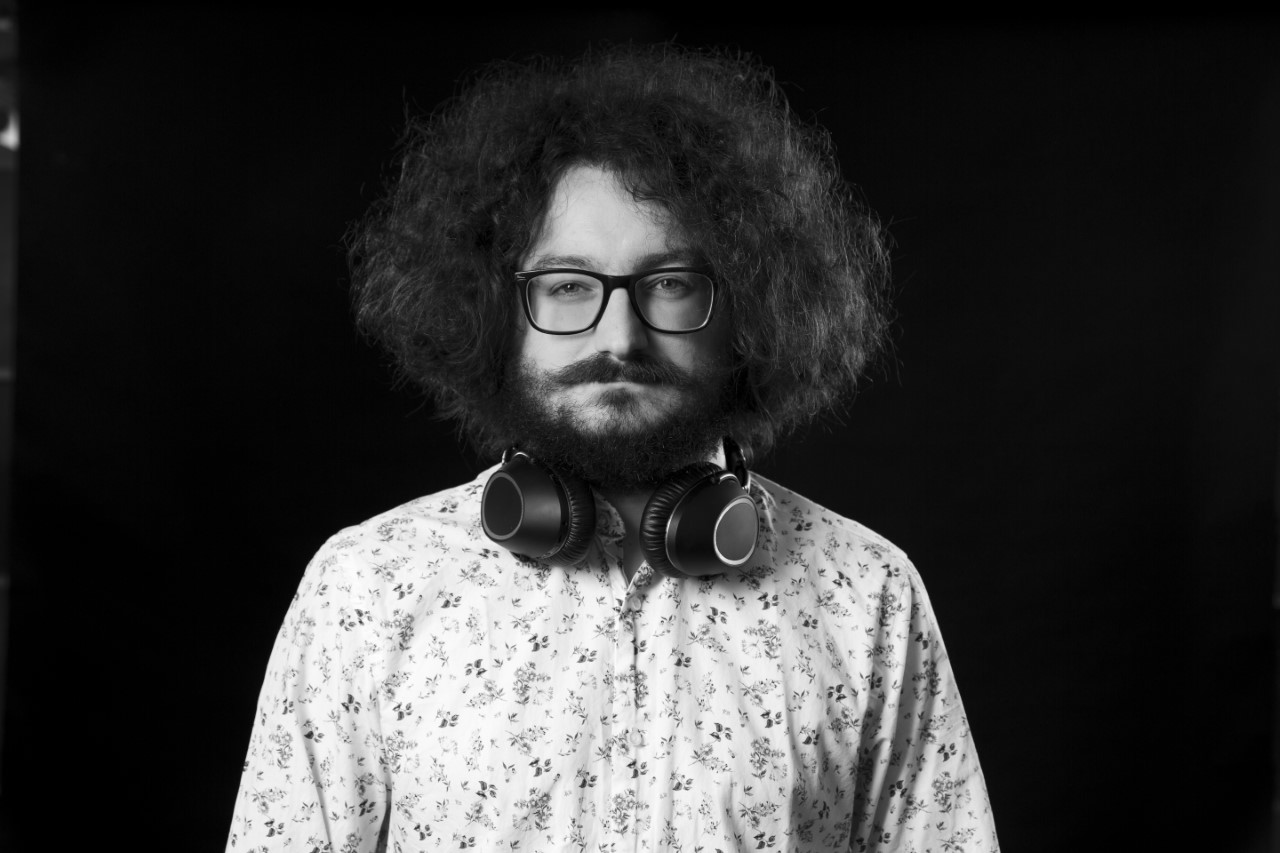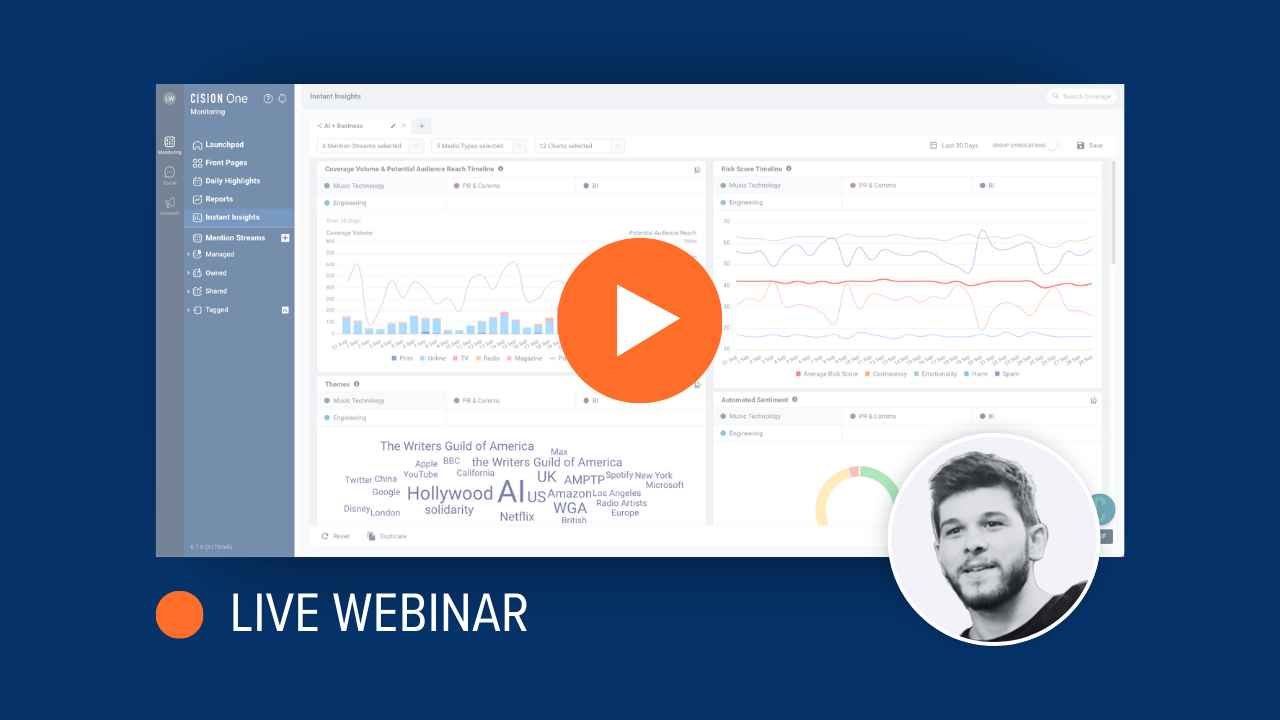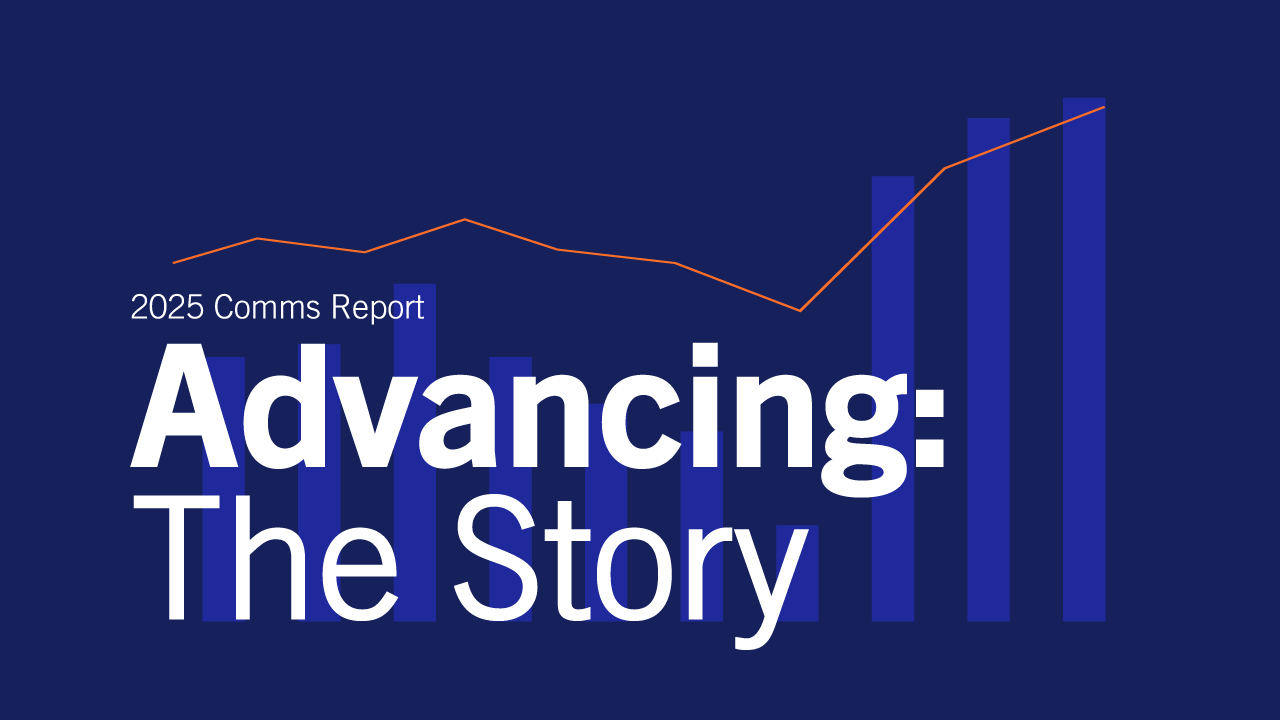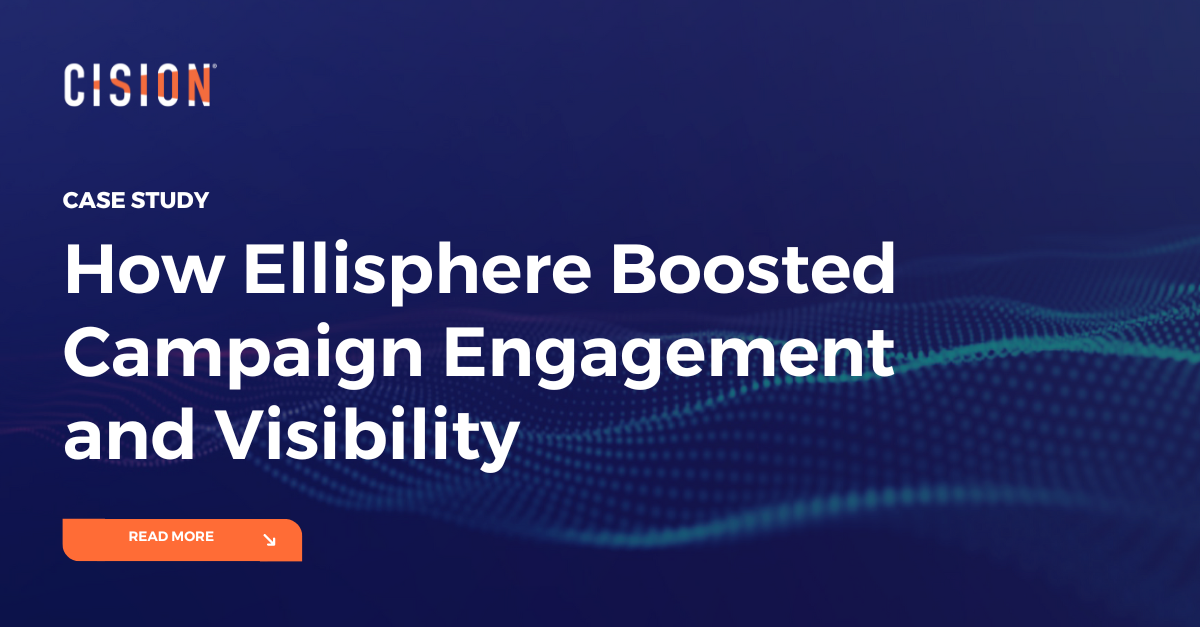As Haymarket launches their new editorial brand PodPod, we caught up with Editor Adam Shepherd (@adamshepherduk) about the business of podcasting. Adam explains what PodPod has to offer the industry, and what makes this medium so rewarding...

Can you talk about PodPod and who it’s for?
PodPod is an editorial brand for the podcast industry and that includes not just the people that are in front of the mics creating podcasts, and indeed behind the mics on the production side, but the whole industry. Everyone: the marketing and media agencies that are investing in podcast-based advertising; the creative agencies that are crafting branded podcasts for clients; the marketing professionals within existing brands that are looking at branching out into podcasting and everyone in between. Podcasting has grown from this relatively niche hobby enterprise ... into a fully-fledged media industry that is now being talked about in the same discussions as channels like print media and TV. It really has become that high profile.
Podcasting has grown from this relatively niche hobby enterprise ... into a fully-fledged media industry that is now being talked about in the same discussions as channels like print media and TV
What you find most interesting about this industry now that has changed so much?
The commercial attitudes to podcasting have really shifted. One of the big signifiers for me this year that podcasting has really ‘made it’ is that for House of the Dragon, HBO’s Game of Thrones prequel, they chose to accompany it with an official podcast rather than, say, a companion TV show. And that’s really a signifier that podcasting has become the medium of choice for a large chunk of organisations and indeed individual consumers.
I think podcasting used to have a little bit of an image problem – the perception was that it was for slightly nerdy dudes in their late 20s or early 30s to discuss the minutiae of Star Wars or Battlestar Galactica in exhaustive detail. That wasn’t true then, and it’s definitely not true now. Absolutely everyone has started listening to podcasts and you know, indeed, many have been for years, but the field of podcasting has broadened out so much.
And a lot of these podcasts are leading to live shows, right?
Absolutely, live shows are a huge vector for monetization and promotion for podcasters, particularly independent podcasters who maybe don't have the infrastructure or the resources to get those commercial sponsorship deals through monetization partners. If you have an engaged enough audience and reliably sell tickets to live shows, that can be not only an excellent way to connect with your fans and your audience ... it can also be a real sustainable earner and a way to make your podcast viable.
Aside from advertising, how common are other forms of monetization, like Patreon?
Patreon is a huge monetization vector for podcasts - leaning on that direct listener monetization model when you're not at the kind of scale where you can rely purely on traditional advertising. It has also really broadened up in recent years through subscription podcasts: platforms like Apple Music and various others are actively investing in tools and frameworks to allow podcasts to monetize their listeners directly and to get that direct revenue model in the same way as you would have had with traditional magazines in the past.
It’s worth highlighting that these direct listener revenue models work, they are successful. There's a huge appetite from audiences to reward creators that they engage with and to actively invest in those products, those shows, those brands. If you built it, they will come. The direct revenue model has been a huge lifeline for podcasts and it’s one of the main reasons that independent podcasting has absolutely exploded over the last 3-4 years.
What does PodPod have planned that you’re excited about?
PodPod is going in some really interesting directions, we've got some fascinating things in the pipeline. In terms of the podcast itself, we have some fabulous guests coming up – we have recorded interviews with people from the Empire Film Podcast, with Dino Sofos (creator of Brexitcast and The News Agents), we have interviews with the team behind Spotify’s Decode, which is a fabulously thoughtful track-by-track album analysis podcast that deconstructs UK hip hop albums.
On the site we've got a lot of things planned for future expansion next year. We want to get really heavily into product reviews. Whenever I sit down and talk to podcasters, almost inevitably we end up talking about our recording setups or microphone preferences, tips for getting rid of echo or background noise, EQ mastering, all of this nerdy minutiae that goes along with creating a podcast on a regular basis.
I'm keen to ensure that we're serving those interests, so we'll be looking at microphone reviews, at software tutorials for mastering and editing, guides for recording best practice. We’ll also be looking really deeply at the business side of things - so how to effectively grow your podcast’s reach, how to approach monetization, some of the legal technicalities that podcasters should be aware of.
For advertisers we’ll be looking at what kinds of categories are delivering the best ROI, how to work with podcasts and the podcast industry in the smoothest and most sustainable way.
When we listen to podcasts, in a lot cases it feels not like we’re watching something on TV, but it feels like we’re listening in on our friends’ phone call
What does make podcasts unique compared to radio and other mediums?
We were talking to Alastair Campbell, host of The Rest is Politics and long-time political commentator, and he was saying that for him, the most freedom he has from an editorial standpoint is on his podcast, because he can just meander. He and his co-host Rory Stewart don't have to stick to a set agenda, they're beholden effectively only to themselves, and they can have as long a conversation as they need to, they can put out as many podcasts in a week as they need to.
The other side of podcasting is that it’s intensely personal and intensely conversational, and it’s a really strong vehicle for that kind of parasocial relationship where we feel like the creators and media personalities are our friends. When we listen to podcasts, in a lot cases it feels not like we’re watching something on TV, but it feels like we’re listening in on our friends’ phone call, like we’re hanging out with the people that we like.
Part of that is down to the largely freeform conversational atmosphere that podcasting tends to facilitate, but also it’s usually 30 minutes to an hour of concentrated content directly in your ear, and that’s a powerful thing that shouldn’t be overlooked. Content for a long time has been pushed towards shorter, simpler, more snackable, more shareable content. Podcasting is a real departure from that – it says we’re going to trust our audience to stay with us and engage with us consistently over that longer time period, and the result is a much richer bond between brands and audience that you don’t get in any other medium.
Most Recent Posts
Cision Resources
-
E-books and Guides
Comprehensive how-to guides on strategy and tactics
-
Case Studies
What are other brands doing – and how can we learn from them?
About Natalie Beale
Natalie is Cision UK's Senior Content Editor, based in London. She manages the UK Media Moves newsletters, which showcase the latest journalist news and moves, as well as highlighting industry events and awards.
Learn More. Do More. demo new
PR Tips, Case Studies, and Product Updates

[On-Demand Webinar] The Next Generation of Media Intelligence: From Gorkana to CisionOne
Explore CisionOne, a revolutionary media intelligence platform, and the evolution of Gorkana. Learn key features and strategies from Luke Williams, CisionOne Product Marketing Manager. Elevate your media outreach to new heights!


